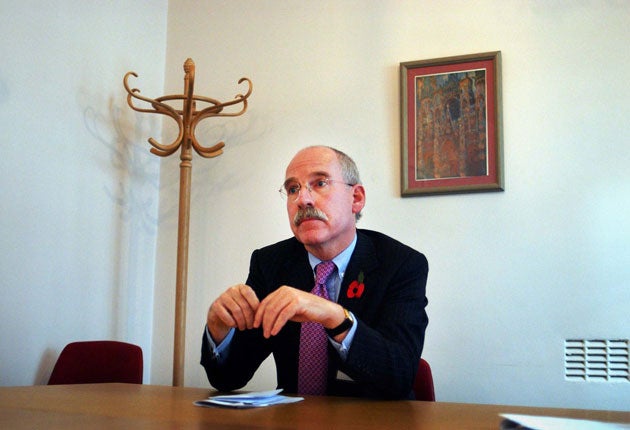NHS trusts vulnerable to neglect and abuse

Your support helps us to tell the story
From reproductive rights to climate change to Big Tech, The Independent is on the ground when the story is developing. Whether it's investigating the financials of Elon Musk's pro-Trump PAC or producing our latest documentary, 'The A Word', which shines a light on the American women fighting for reproductive rights, we know how important it is to parse out the facts from the messaging.
At such a critical moment in US history, we need reporters on the ground. Your donation allows us to keep sending journalists to speak to both sides of the story.
The Independent is trusted by Americans across the entire political spectrum. And unlike many other quality news outlets, we choose not to lock Americans out of our reporting and analysis with paywalls. We believe quality journalism should be available to everyone, paid for by those who can afford it.
Your support makes all the difference.Every NHS trust should be ordered to appoint a safety officer to protect patients from "institutionalised neglect and abuse", a leading medical organisation says today.
The College of Medicine, an alliance of doctors, scientists and patients, called on the Government to act as a public inquiry opens into the scandal at Mid-Staffordshire Foundation Trust where at least 400 excess deaths occurred between 2005 and 2008 as a result of poor care.
The inquiry is the second to be chaired by Robert Francis QC, after the first, which reported last February, found patients were left screaming in pain, lying in soiled bed sheets and so thirsty they were forced to drink water from flower vases.
That inquiry concluded that management tolerated poor care because it was focused on financial targets rather than patient welfare.
The second inquiry, launched today, will ask how the NHS institutions monitoring the trust allowed the catastrophe to happen. One of the biggest puzzles of the scandal is how it went undetected for so long when the whole panoply of NHS regulation set up in the wake of the Bristol child heart surgery scandal in the 1990s was designed to make poor practice impossible to conceal.
Sir Graeme Catto, the president of the College of Medicine and past president of the General Medical Council, said the Government must act now to protect patients and not wait for the outcome of the inquiry.
Join our commenting forum
Join thought-provoking conversations, follow other Independent readers and see their replies
Comments